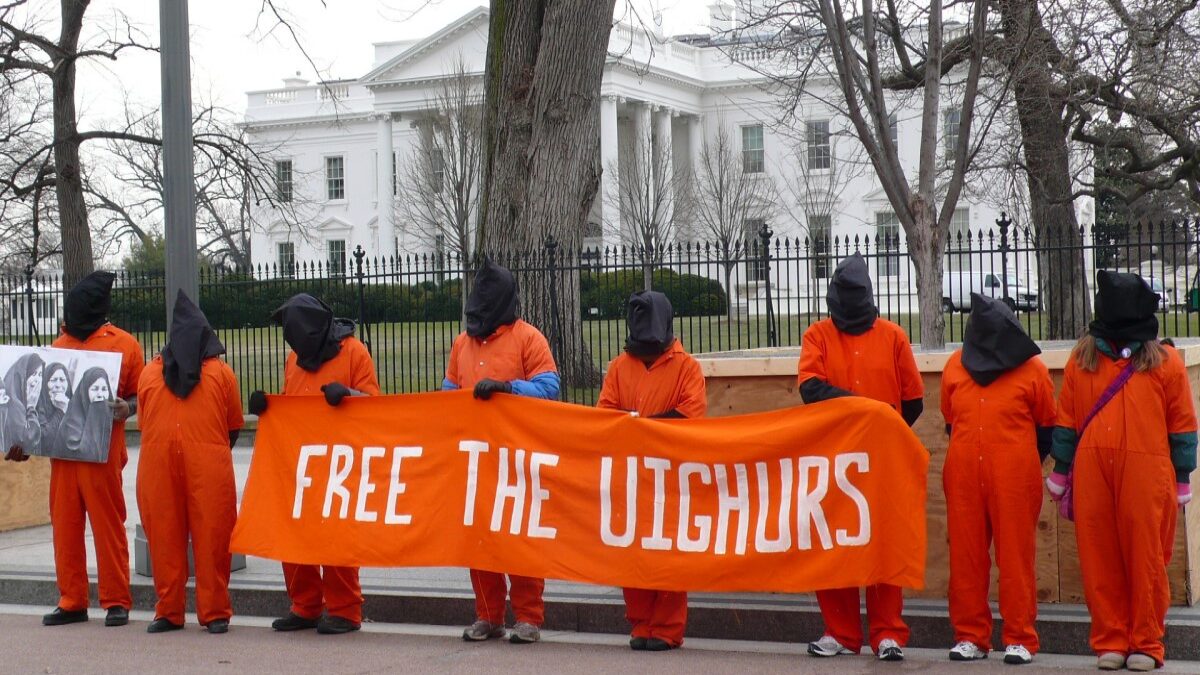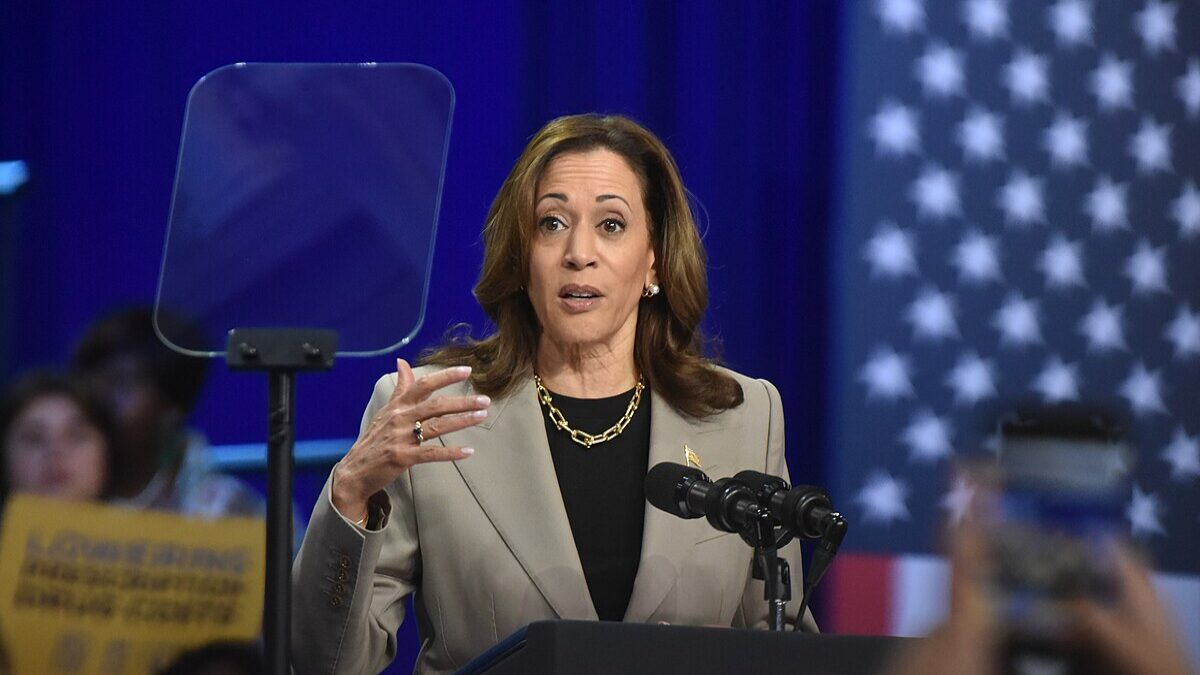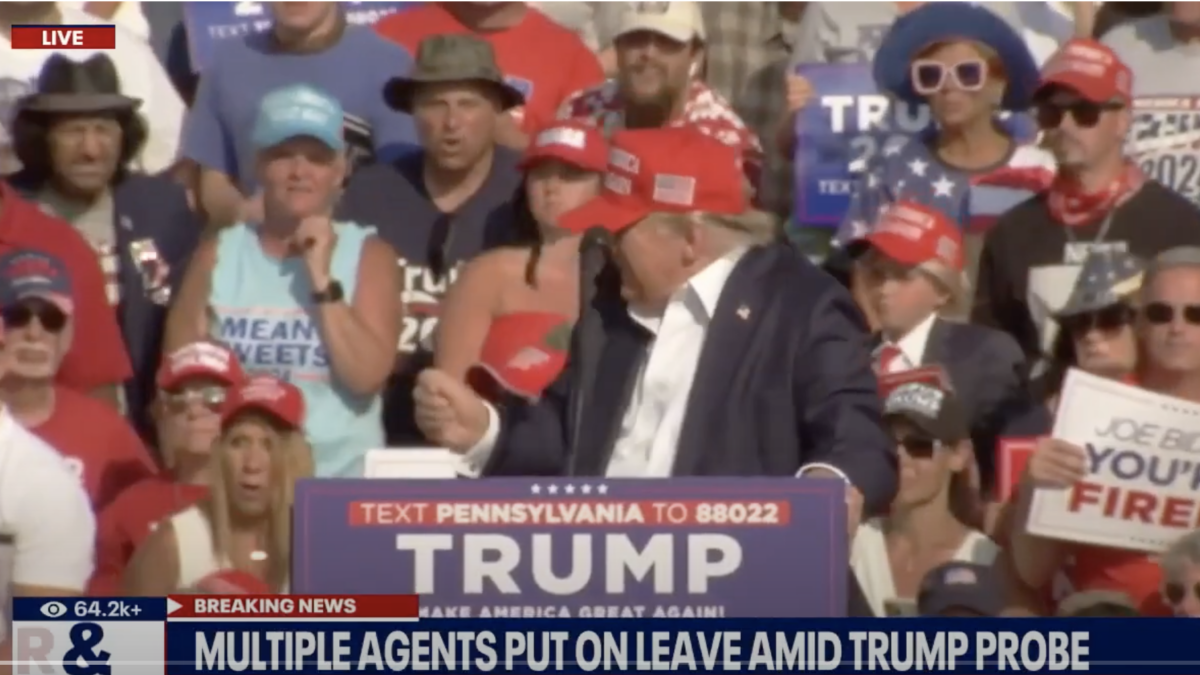A bill to slightly limit foreign adversaries’ ownership of Indiana land revealed a state agency is currently planning 11 business deals with Chinese companies worth an estimated $14.4 billion. The Indiana Economic Development Corporation, however, wouldn’t release to The Federalist the names or locations of these foreign-owned ventures.
In fact, said Republican state Sen. Jean Leising in an interview with The Federalist Friday morning, state lawmakers tell her the IEDC even uses “code names” for its foreign business deals to preserve secrecy until they’re completed. The IEDC will not even release basic information about any of these deals to the state lawmakers who give the IEDC billions in tax dollars.
Indiana’s House and Senate are due to vote on House Bill 1183 later today, hours before this year’s legislative session gavels to a close.
The scant details the governor’s office did share with legislative leaders in an attempt to derail the bill only make the deals look more dangerous, Leising said. Those include that at least four of the 11 Chinese companies dealing with the IEDC are attempting to locate strategically in former military facilities, near aquifers, and next to a nationally critical rail intersection.
Lawmakers revealed the identity of only one of these corporations, Fufeng Group, while attempting to add exceptions that would allow Fufeng to build an alleged grain processing plant 9.7 miles from a National Guard base. H.B. 1183 would keep businesses and citizens from six “adversarial countries” — which include Communist China, Communist Cuba, and post-Communist Russia — from purchasing or renting Hoosier land within 10 miles of U.S. military assets.
These companies, including Fufeng, would be free to purchase Indiana land. So would foreign citizens with legal permission to live inside the United States. Other amendments allow for partial Chinese ownership of any Indiana land whatsoever. Leising had hoped for a tougher bill, but said any limits would be an improvement and increase Hoosiers’ awareness of this major national security threat in their own neighborhoods.
“Foreign ownership [of U.S. land] has been growing by 2.2 million acres a year since 2015,” said Rep. Kendell Culp, the bill’s primary House sponsor and a Republican. “In Indiana, 2.2 percent of Indiana’s farmland is owned by foreign entities.” Leising told The Federalist the 11 pending Chinese deals are “somewhat spread out” around the state, each in a different county.
Last year, the U.S. Air Force told North Dakota lawmakers Fufeng Group is “a significant threat to national security.” As a result, local government rejected Fufeng’s proposal to build what it called “agricultural facilities” approximately 12 miles from a U.S. Air Force base. So Fufeng moved its plans to Indiana, where so far lawmakers in the Republican-controlled legislature and executive branch have been more accommodating.
Not only is Fufeng’s pending Indiana location fewer than 10 miles from a U.S. military base, “Indiana is going to put them on top of one of the most critical rail lines in the country,” says Michael Lucci, CEO of State Armor, a policy outfit. In addition, as U.S. Rep. Jim Banks, R-Indiana, has pointed out, Fufeng likely employs Uyghur slave labor, violating U.S. sanctions.
Myriad U.S. intelligence, defense agencies, members of Congress, and other national security officials have designated the CCP the United States’s top foreign adversary. Any Chinese business allowed to operate internationally does so as an extension of the CCP, Lucci pointed out.
Globally, the Chinese Communist Party specializes in making initially lucrative deals in struggling areas, then tightening the terms once localities are hooked. Chinese funding, often through “economic” projects that also benefit local politicians, is becoming extremely politically influential in Western countries such as Canada, Australia, and New Zealand.
“This might be the most important bill we have” this legislative session, Leising told her colleagues. Culp told colleagues that 91 percent of constituents who answered his annual survey support banning foreign adversary ownership of American land.
“They pick very strategic locations,” Leising told The Federalist. “They don’t just pick an area that’s in the middle of nowhere, OK? And they pick locations that people that live in those areas would like to see developed.”
Lawmakers also amended the bill to allow Chinese-owned Syngenta to continue its Indiana operations developing herbicides and GMO seeds. State Sen. Mike Bohacek, a Republican, and state Sen. Rodney Pol, a Democrat, both objected to H.B. 1183 because it would require Indiana farmers to keep traveling another hour or two from the proposed Fufeng site to sell their grain.
The IEDC is a “public-private partnership” chaired by lame-duck Republican Gov. Eric Holcomb and controlled by the state’s secretary of commerce, a member of Holcomb’s cabinet. The governor appoints all of the IEDC’s 14-member board. In 2022, the IEDC sponsored Holcomb’s travel to Davos, Switzerland to speak at the World Economic Forum about his efforts to attract foreign companies to Indiana. IEDC also has received Biden administration funding that requires recipients to racially and sexually discriminate.
The IEDC’s spokeswoman, Erin Sweitzer, refused to disclose any information to The Federalist about the 11 deals with CCP-related businesses the agency is giving taxpayer funds and government incentives.
“We are unable to confirm or comment on any specifics of pending deals,” Sweitzer texted The Federalist. “Because they are under negotiation. All final/active incentive contracts are available on our public transparency portal. But we can’t provide comment on pending deals.”
Sweitzer did not respond to a follow-up question asking, “How can there be public or national security oversight of deals with a top foreign adversary if there’s no public notice until after the deals are signed?”









